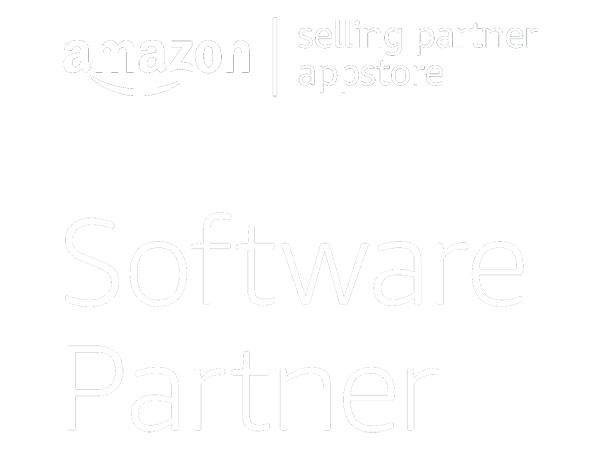If you’re like most business owners, you’ve probably accepted that bank fees are just one of the many costs of doing business. Many small business owners accept that there are fees that everyone has to pay for a business checking account. They might even be unaware of what they’re paying every month, or every transaction from their bank.
This can include monthly fees, transactions, and money movement fees that they didn’t know about when they opened the business account. But these business checking account fees are not actually a requirement.
In this blog post, we’ll cover a list of fees that small business owners might be paying for their checking account. If you’re not sure, check your statements and account information. If the bank is charging you for any of the following, it may be time to consider an alternative.
Monthly Service
Banks often charge this fee simply to keep an account open. Depending on the bank, fees can range from a few dollars to over $100 a month.
Transaction Limits
If a business makes a deposit or purchase over a bank-determined limit, it might cost you. The fee is usually a percentage of the total amount of the transaction. This means that transaction limit fees can quickly eat through the profit margins of businesses that perform transactions with high dollar amounts, even if they only perform a few of these per month.
Cash Deposit
Depositing cash at some banks means incurring extra fees. This fee is meant to cover the costs of having to hand count the cash and coins. It’s usually a few dollars or a percentage of the overall amount being deposited.
NSF
Non-sufficient funds (NSF) fees apply to overdrafts of a business bank account. Essentially, there is not enough money in the account to cover a check, so the fee kicks in. In many cases, banks will charge NSF fees multiple times for the same check, as they continue to try to run the transaction.
ACH Transfer
Automated Clearing House (ACH) fees are charged to transfer money between bank accounts. If your business moves money to employee accounts for payroll, or vendor accounts to pay for goods and services, your bank might charge for those ACH transfers. Some banks charge $5 or more for ACH transactions, which will quickly get expensive if your business depends on this form of payment.
Wire Transfer
As ACH becomes more popular, wire transfers are becoming less common, but the fees for them can be very high. If your business makes wire transfer payments, be aware of the fee before your next transaction.
Inactivity
Just when it feels like you’re being charged for every activity, some banks will actually charge you for doing nothing! Inactivity fees are usually charged to accounts that haven’t been used for several months, but the fees will continue to be charged until the account is used again.
Paper Statement
A business owner who wants a paper statement will often have to pay for it. Ostensibly, this is to cover the cost of postage, other supplies, and labor. Of course, banks that charge for paper statements often charge for online bank account access as well.
ATM Fees
Withdrawing funds from an ATM can often trigger a fee of a few dollars from the bank hosting the ATM. If a business owner chooses an ATM that is not owned by their bank, they might pay two sets of fees: one to their bank and another to the bank that owns the ATM.
Check Fees
Paying for paper checks, paying to process those checks, and even paying to deposit the paper checks of customers are all check fees that many businesses pay.
Deposit Fees
Even if a business is making electronic deposits, it’s not uncommon for banks to charge a fee to make a deposit. These fees range from a few dollars to a percentage of the total amount to be deposited.
International Fees
Transactions that happen with banks in foreign countries are often subject to a whole host of fees. These fees can be charged for transferring funds between these institutions and for converting currency from one country to another.
Service Fees
Any type of service that a bank provides can be a good reason for a bank to charge a fee to their customers. Service fees can be charged for everything from checking the status of an account to asking for an update to the password in order to access it online.
Analysis Charge
Analysis charges are fees that are similar to monthly service fees. They are based on the number of transactions that a business conducts each month. Retail businesses that have a high number of purchases each day can often find themselves paying hundreds of dollars a month in analysis charges.
Now might be a good time to mention that Viably has no fees for business banking. No minimum balance. No fees on ACH payments. Unlimited transactions. No monthly fees. Check out Viably Banking to learn more.




